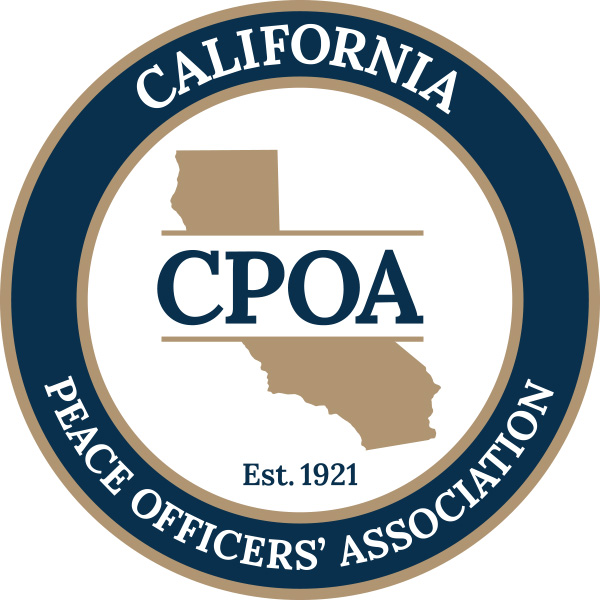By: Shaun Rundle, Deputy Director.
Public safety bills have been begun hearings in Senate and Assembly policy committees, such as Public Safety, Judiciary and Transportation. Authors are presenting many of the failed arguments they used last year, while law enforcement pushes back with new data and impacts based upon the last twelve months of insurrection and civil unrest. Bills releasing ALL use of force incident records and media access to command posts have already been heard, and peace officer eligibility, ALPR use, and proposals mandating you provide services to your homeless populations are on the horizon.
On March 9th, SB 16 and SB 98 were heard in the Senate Public Safety Committee, chaired by Senator Steven Bradford (D-Gardena). SB 16 by Senator Nancy Skinner of Berkeley rehashes her 2020 attempt to release all use of force incident records starting in 2022, not just sustained ones. Records of police misconduct (lying under oath, prejudice or discrimination, unlawful arrest, or unlawful search) must be sustained, but not UOF incidents. The bill clearly states: “Commencing July 1, 2022, an incident involving the use of force to make a member of the public comply with an officer, force that is unreasonable, or excessive force against a person by a peace officer or custodial officer.” CPOA opposes SB 16, which will next be heard in Senate Appropriations Committee on 3/23.
SB 98 (McGuire-D) is another bill heard on March 9th which CPOA opposes. It would create PC 409.7 and allow ‘duly authorized’ media to access a protest, march, or demonstration command post while simultaneously allowing media to demand a supervisor on scene if they are not admitted. The bill does not keep in place the misdemeanor charges for media who fail to comply (such as in PC 409.5), and CPOA has had several calls with the Senator’s office to explain the vast differences between command posts at an emergency and potentially riotous situation at a protest.
Another upcoming doozy of a bill is SB 210 (Wiener-D). Being heard later this month in Senate Judiciary Committee, SB 210 mandates agency destruction of ALPR data within 24 hours of acquisition unless it matches a “hot list.” The bill fails to understand how ALPR data is used, and most investigations and crimes well exceed the unworkable 24-hr timeframe. CPOA will oppose this disastrous measure.
Then we come to SB 2 (Bradford). This bill would turn POST into an investigative agency, able to decertify peace officers and remove qualified immunity. SB 2 also creates a Peace Officer Standards Accountability Advisory Board within POST, with primarily non-peace officers making up the membership of the Advisory Board. This bill was just amended and has not been set for hearing yet.
So here were in a 2021 looking much like the previous year in terms of legislative priorities. The Legislature in Sacramento feels short-changed by 2020 deadlines under the pandemic, and now they’re thirsty for more police reform. We of course know that not all reform is good reform, and CPOA among others is open to ‘reimagining public safety’ in California. What we didn’t imagine, however, was the continued attacks against a noble profession who have proven to improve and drive down crime in this state year after year.
CPOA recognizes it, and I’ll be speaking for you in Sacramento.


